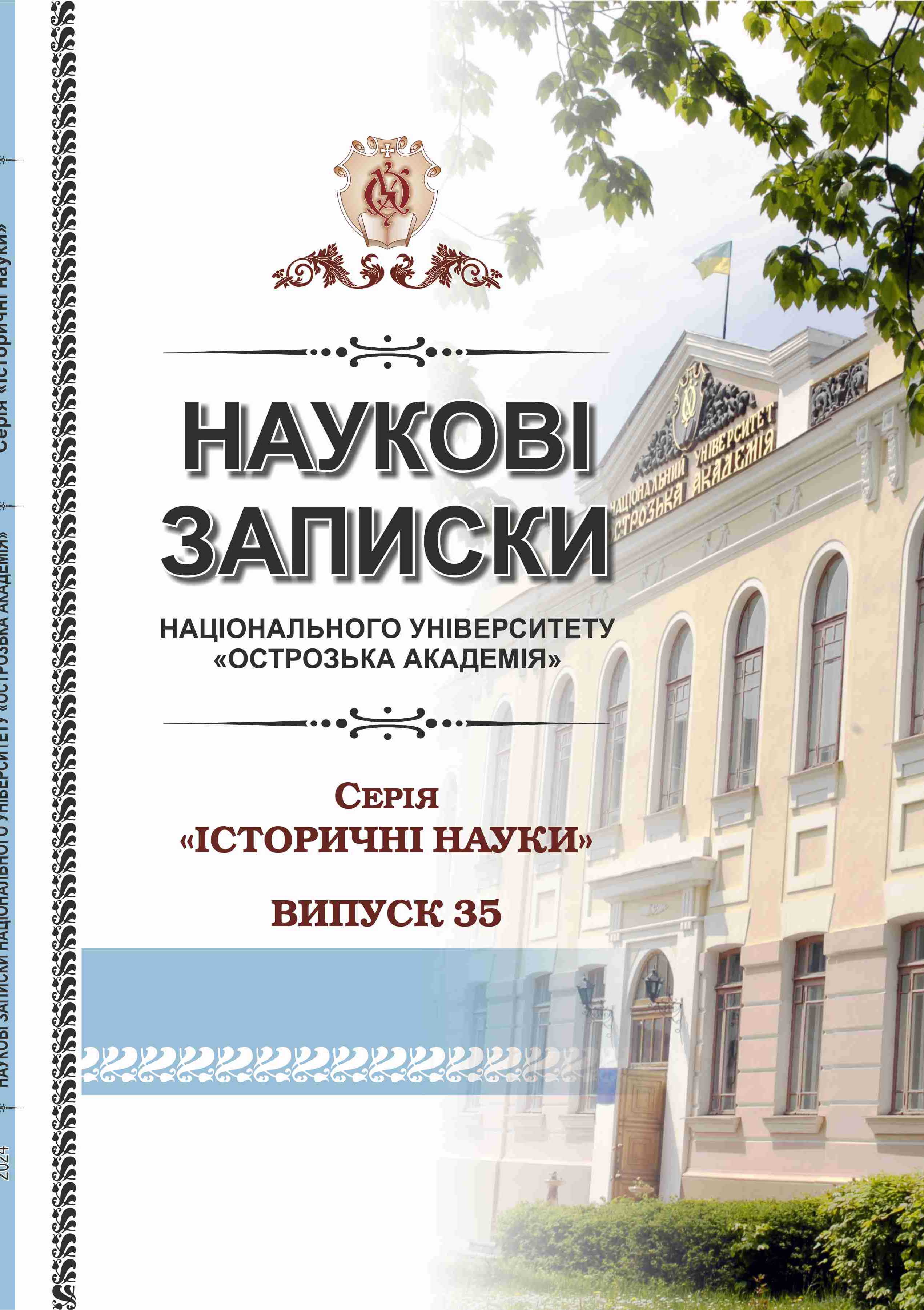THE RENT OF THE CITIZENS OF VOLYN IN THE 18-th CENTURY
Keywords:
rent, burghers, Volyn Voivodeship, chinsh, Christians, Jews, liberationAbstract
The article attempts to analyze the rent of Volyn Burghers during the 18th century. The owners (the king, magnates, and the church) had full power over the city. They provided all lands and territories at the disposal of the community on the condition of fulfilling the established duties. In the cities of Volyn during the research period, there were three types of rent – work rent, kind rent and cash rent in different sizes and ratios. The levy belonged to the national tax, and the representatives of the Jewish community paid the corresponding general tax. City dwellers preferred to chinsh to other obligations. The townspeople were obliged to chinsh from houses and plots, gardens and fields, haymakers, hop growers, and apiaries every year. They served sharvarka, toloka, and plantain, as well as several duties of a military nature. Shafari or longers and governors were engaged in collecting taxes in the cities of Volyn. Natural tributes include chickens, capons, eggs, bee tithes, tobacco and mushroom tributes, cumin, etc. Certain types of tributes could be paid by burghers of different cities in money. Monetary payments for the benefit of the church were clearly defined. In the vast majority of cases, lawyers remained outside the city’s jurisdiction. Panshchyna continued to be an integral part of the rent in the cities of Volyn.
Exemption from city taxes was granted for a certain period to new residents of cities, residents of the city, those who worked on the castle, etc. The liberation of the townspeople was the policy of the town owners. Liberated population groups could make up, according to rough estimates, from 4 to 20% of city residents. In the possessions of the Zamoyski princes, an attempt was made to transfer the residents of the two cities to chinsh. During the 18th century, rent grew, and new types of it appeared. The artisans of the cities had the obligation to perform some duties for the benefit of the castle under their professions. The rent of Volyn burghers continued to be one of the main ways of earning profits for their owners.

